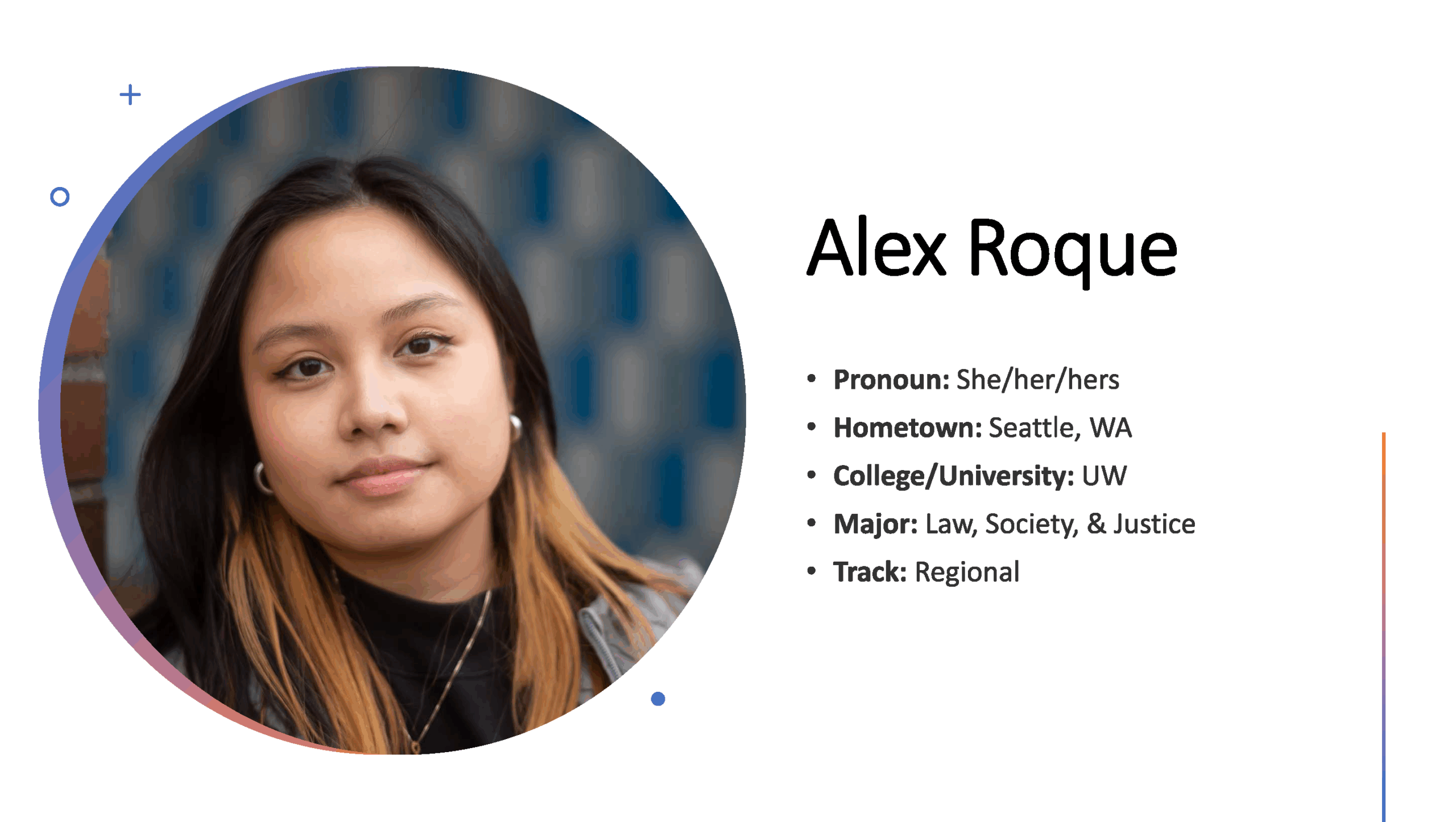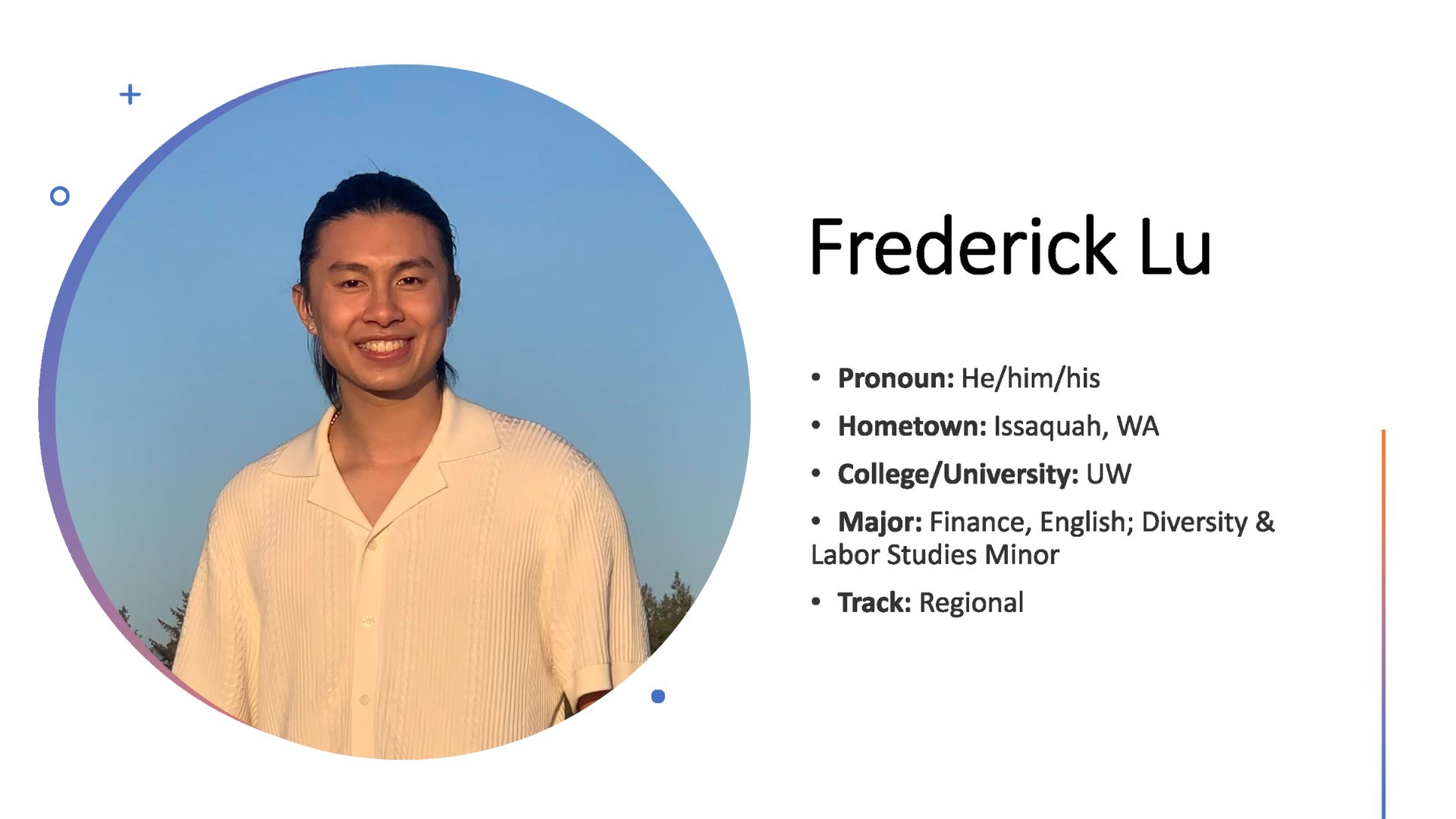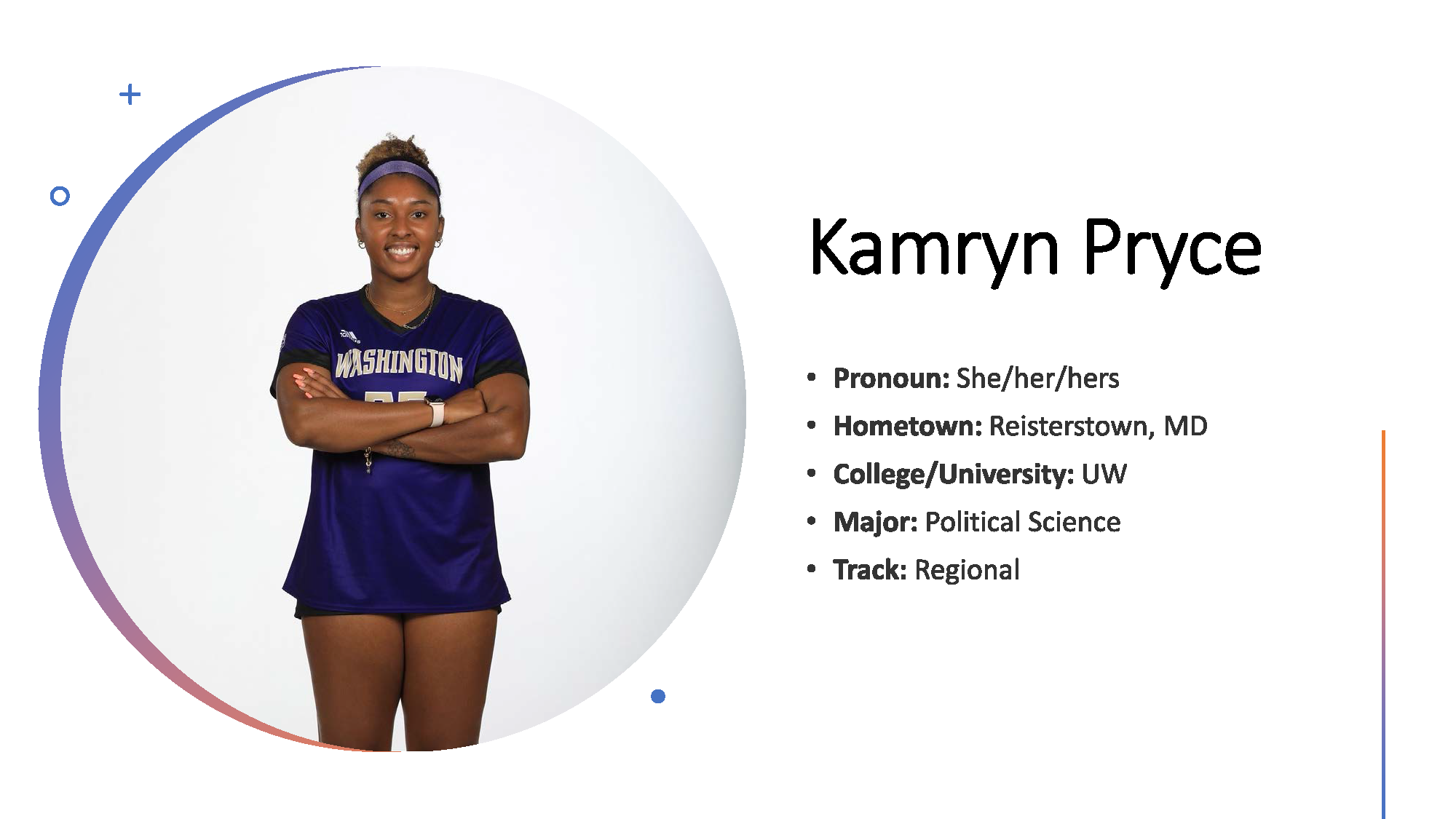
Tell us about your story
What path did you take when you first started college?
I started college as a classical guitar performance major, but soon realized that I wanted to focus on more than just music. I switched to an individualized major so that I could focus on topics that had become most important to me—nonprofit leadership, sustainability, and communications.
What made you consider a career in public policy/public service/international affairs?
Helping people—helping them find their way, helping them foster connections, helping them create community, helping them learn how they can protect the environment, helping them find ways that they can serve and support others—is what I am passionate about.
There are so many ways to help make the world a better place and I am still seeking to find my best path to do exactly that. I think that, so often, people simply don’t know where to turn and I hope to bridge that gap in some way with my career—strengthening and building communities through environmental education and an appreciation of the arts.
Who inspires you to think about public service?
I am inspired by many nonprofit directors or presidents who spend so much time working tirelessly for the people they serve. Specifically, the president and vice president of an Oklahoma nonprofit organization called the Oklahoma Summer Arts Institute, Julie Cohen and Emily Claudé, were the initial inspiration for me to begin to consider a career in nonprofit leadership. This was the first time I had seen two women in charge of a large, successful nonprofit endeavor that made an enormous impact on so many kids’ lives and it really caught my attention.
What are you most excited about the JSI program at UW?
Making new connections with other students and professionals in the field, learning about new topics, and experiencing life in Seattle is what I am most excited about!



